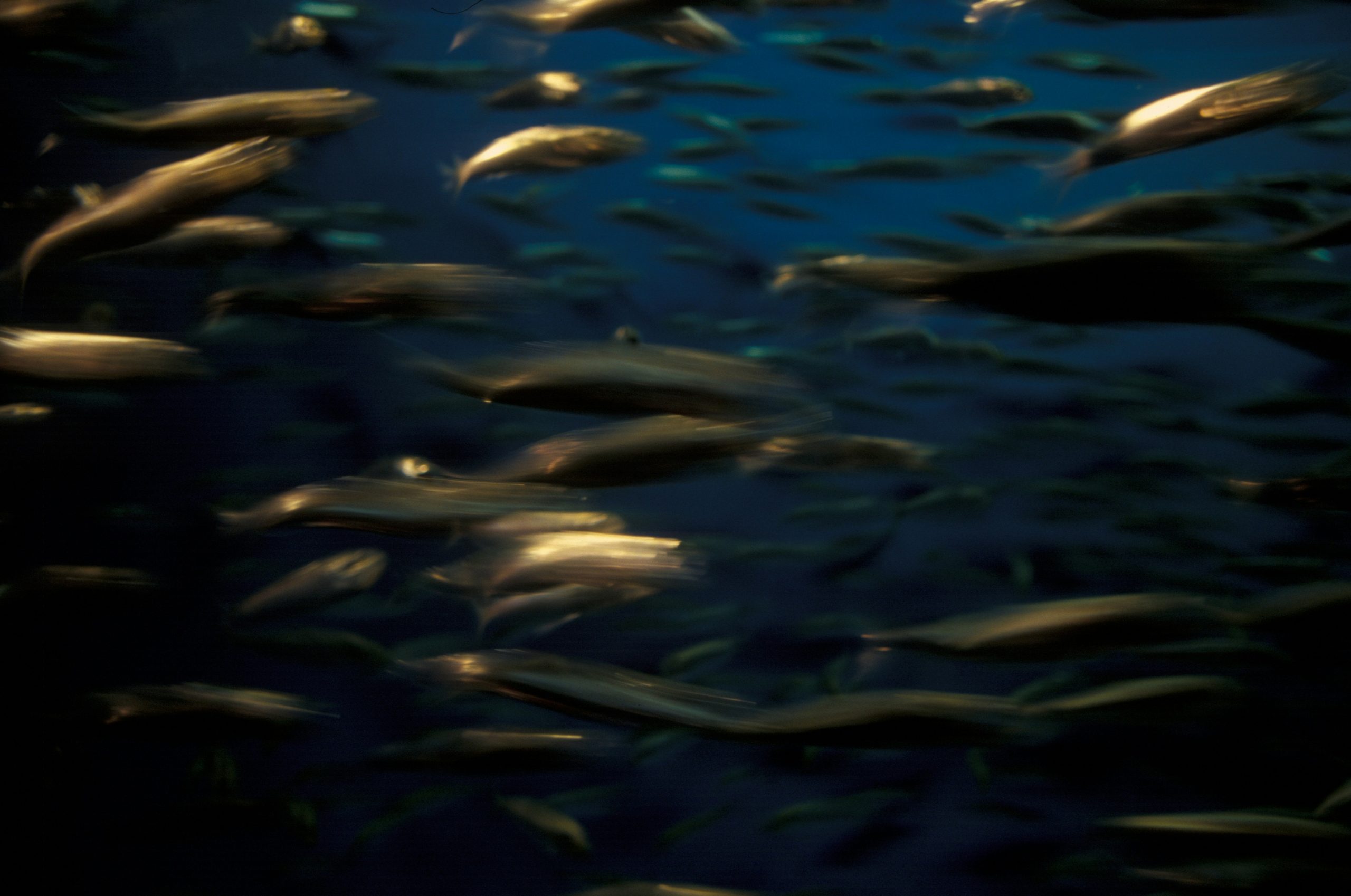September 19, 2024

Squid fisheries are some of the most important but undermanaged fisheries worldwide. Cephalopod catches, which include squids, made up about 11 percent of the global catch of marine species in 2022.
Because of their short lifespan, rapid growth, and fluctuation with changes in environmental conditions, applying traditional fisheries management approaches has been challenging. The result: important stocks of squid are being harvested without hard, science-based limits on fishing or even an understanding of the health of the resource.
The management procedure approach offers a solution to the tricky problems involved in squid management. And it could be in the Pacific, the ocean basin where more of the world’s squid is harvested than any other, where management procedures (also called harvest strategies) for squid are demonstrated on an international level.
Two regional fisheries management organizations in the Pacific, the North Pacific Fisheries Commission (NPFC) and South Pacific Fisheries Management Organisation (SPRFMO), have an express remit to manage squids. They are, in fact, the only two RFMOs with squid as a key species covered by their conventions.
This year, NPFC and SPRFMO are taking steps to improve their focus on squid sustainability, but they need to ramp up their efforts to make a lasting impact. NPFC in August held its first small scientific committee meeting focused on neon flying squid to accelerate efforts to develop the first stock assessment for that stock, whose stock status is unknown at the international level. The largest harvesters are China and Japan.
Turning south of the equator, SPRFMO’s Scientific Committee, which is about to begin its annual meeting on Sept. 30, is due to receive a report on the progress of a new task team focused on assisting in the development of SPRFMO’s first stock assessment for jumbo flying squid, whose status also is not estimated by an assessment across its range but is nonetheless being harvested within the Convention Area and members’ Exclusive Economic Zones in the amount of one million metric tons a year. That makes jumbo flying squid in the South Pacific the single largest squid fishery in the world. China is the significant harvester in the international waters, while catches in Peru’s waters are of a similar scale, with lesser catches in Chile’s and Ecuador’s waters.
Both RFMOs have plans to investigate the use of Management Strategy Evaluation (MSE) to better account for the uncertainty in key biological components of their squid fisheries, with potential plans leading to the development of harvest control rules. These aspirations are laudable, but they need to be made much more concrete and translated into actions.
To accelerate their work, members in the two RFMOs should commit to developing full management procedures, tested via MSE. They should also commit to fully sharing scientific and fleet information as necessary to better understand the dynamics of their fisheries, and create science-management dialogue groups with the resources and timelines to efficiently step through the process of developing management procedures.
If data availability problems continue, data-limited approaches should be investigated to develop the MSEs, which could test the performance of simple management procedures against the potential range of different population dynamics (as well as other uncertainties).
Amidst concerns for the global sustainability of squid stocks, with researchers finding that fishing effort on squid increased 68 percent from 2017 to 2020, NPFC and SPRFMO should seize the opportunity to demonstrate how management procedures could help chart out a more sustainable path for these important squid species, one that could be followed by other squid fisheries.
Squids are both a commercially and ecologically important species, playing an integral role in marine ecosystems as prey for swordfish, sharks, tunas, marine mammals, and seabirds. However, concerns over the declining abundance of squid and lack of management measures to safeguard these fisheries cannot be overstated. It’s imperative that NPFC and SPRFMO members advance modern, science-based fisheries management for these species by strengthening data reporting, creating science-management dialogue groups and beginning the development of management procedures.